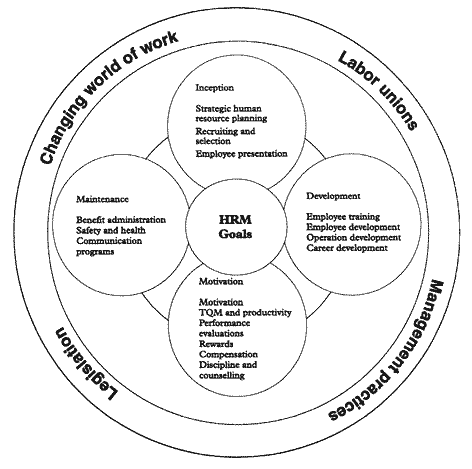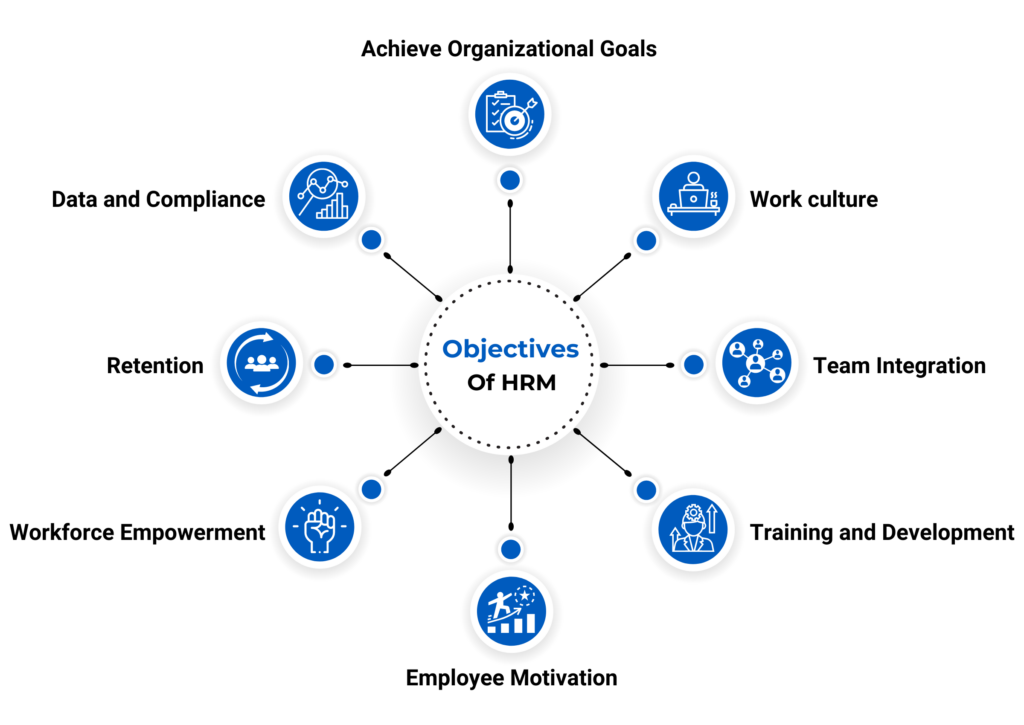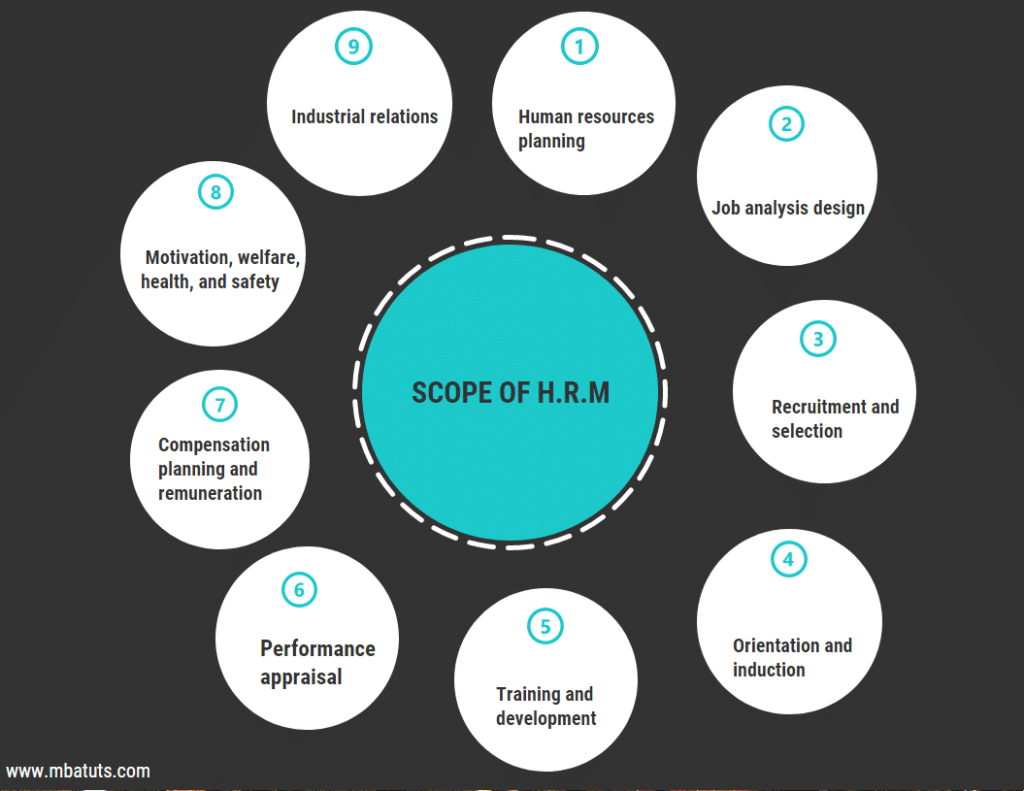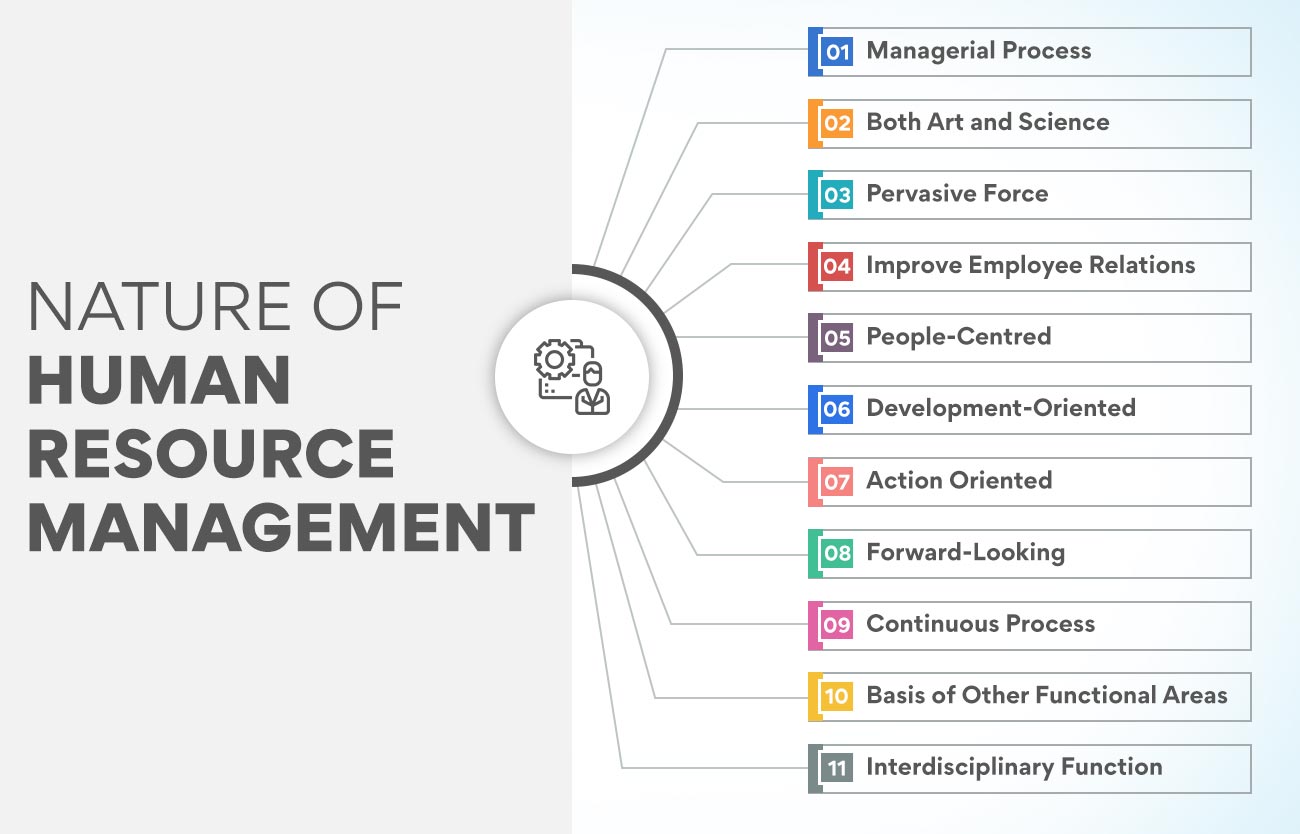Motivation is a crucial aspect of human resource management, as it is the driving force behind an individual's behavior and performance. It is the reason why people do what they do and the factors that influence their level of effort and determination. In the context of the workplace, motivation can be both intrinsic and extrinsic, and it is the responsibility of the HR manager to create a work environment that fosters and sustains motivation.
Intrinsic motivation refers to the internal drive that an individual has to pursue a particular task or activity for its own sake. It is driven by personal interests, values, and goals, and is often associated with a sense of accomplishment and personal satisfaction. Examples of intrinsic motivators include the desire for personal growth, the opportunity to learn and develop new skills, and the sense of purpose and meaning that comes from contributing to a greater cause.
Extrinsic motivation, on the other hand, refers to external factors that influence an individual's behavior, such as rewards, incentives, and consequences. These motivators are often used to encourage or discourage specific behaviors and can take the form of tangible rewards, such as bonuses or promotions, or intangible rewards, such as recognition or praise.
Effective human resource management requires a deep understanding of what motivates employees and the ability to create a work environment that fosters both intrinsic and extrinsic motivation. This involves setting clear goals and expectations, providing opportunities for personal and professional growth, recognizing and rewarding good performance, and addressing any issues or concerns that may be undermining motivation.
One of the key roles of the HR manager is to develop and implement strategies that foster a culture of motivation within the organization. This may include designing employee development programs, implementing performance management systems, and providing ongoing support and resources to help employees achieve their goals.
Ultimately, the goal of motivation in human resource management is to create a positive and productive work environment where employees feel engaged, motivated, and fulfilled. When employees are motivated, they are more likely to be productive, innovative, and committed to the success of the organization, which in turn can lead to improved business performance and success.









